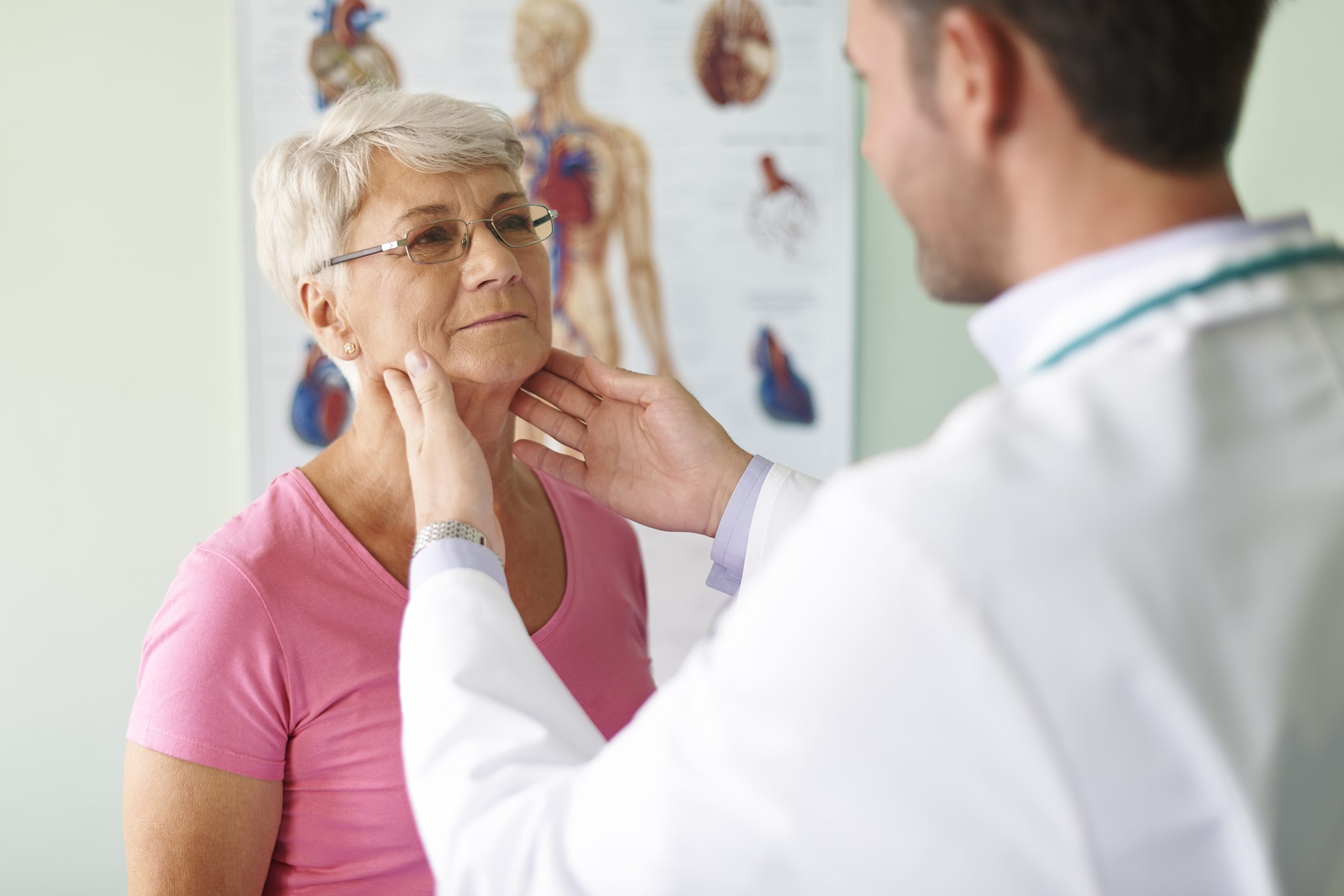
Now Enrolling: EA3191 for Head and Neck Squamous Cell Carcinoma
February 25, 2021
News in Brief, March 2021
March 31, 2021From the Co-Chairs, February 2021


By Peter J. O’Dwyer, MD (left)
and Mitchell D. Schnall, MD, PhD
After a stuttering start, logistics seem to have improved across the country for distribution and administration of vaccines. The two vaccines available as of the time of writing are likely to be expanded by the approval (for emergency use) of two additional preparations, one an adenoviral vector, the other a protein preparation. While protection from infection seems to vary among them, those that we have data for ALL seem to protect from fatal COVID disease. We have all seen first-hand, or through patient or colleague experiences, the horror and loneliness of advanced infections. We have no hesitation in amplifying the message from national public health leaders and from our own institutions that cancer patients should be offered vaccination.
As most states move from the 1a population to phase 1b, where cancer patients have priority, now is the time that we must help our patients gain access and feel comfortable that, in choosing to be vaccinated, they are doing the right thing—both for themselves and for the larger community. Cancer patients at higher risk for complications of COVID-19 include those aged 65 or older, those on active therapy, those with metastatic solid tumors or with hematological malignancies (even if not currently in treatment), and especially those with lung cancer. It is important to reassure patients of the safety of vaccines; we recognize it is possible that not all the effects of the newer types of vaccines may yet be known, but the risks of COVID-19 infection certainly are. It is predicted that responses will be adequate in patients currently receiving chemotherapy or radiotherapy, and timing the vaccination—such as before a chemotherapy dose—does not seem useful. There are exclusions, though: patients within two weeks of surgery should wait, as should those with recent (within 90 days) known COVID infection. Additionally, patients who have had bone marrow transplantation or CAR-T cell therapy should likely be managed in consultation with ID. The most important message that we who are responsible for the care of cancer patients can communicate is that our patients should get vaccinated!
Still on the topic of COVID, we are also concerned at what is projected to be an increase in cancer mortality as a consequence of patients, for whatever reason, getting less standard health care in the past year. For patients with symptoms, new cancers will be diagnosed later and so may have progressed to an incurable stage. An even greater concern is for those without symptoms, whose new cancers would have been detected by standard screening tests. As far back as last June, Dr. Ned Sharpless, NCI Director, predicted an extra 10,000 deaths from breast and colorectal cancers because of the hiatus in screening.
When we look at accrual to Cooperative Group screening trials, with TMIST as a salient example, we see a decline in accrual through summer and early fall of 2020, but then a recovery in October/November, now reaching a level higher than pre-COVID. There are multiple reasons. As the impact of deferred screening is recognized, health care providers have restored their screening programs. With more experience operating in the COVID era, providers have more confidence they can offer these services in a safe environment. Finally, improved preventive measures and progress in vaccination programs are reducing staff days lost from COVID-related quarantine, allowing screening programs and associated clinical research infrastructure to operate effectively. We anticipate continued recovery of cancer screening and associated recruitment into our screening trials.
As clinical trial accrual steadily improves, we are all redoubling our efforts to advance cancer research and patient care. In approximately two months, we will gather for our second fully virtual Group Meeting (April 28 – 30—save the date!). We are grateful to still be able to connect and collaborate online, even as we miss seeing one another in person. The virtual format of our Fall Group Meeting allowed a record number of ECOG-ACRIN members to participate—a 75% increase in attendance over the previous year—and we hope this trend will continue in the spring. We welcome the involvement of all ECOG-ACRIN members, especially those who may not always be able to travel to our in-person meetings. To try to replicate our more informal, yet constructive, interactions, there are plans to have networking times to be available periodically through the meeting. Attendees will bring their own libations and toasts! There will certainly be plenty to discuss, given that we activated a record number of protocols in 2020!
Read the February 2021 issue here.
![ECOG-ACRIN logo[19516]275×75](https://blog-ecog-acrin.org/wp-content/uploads/2021/03/ECOG-ACRIN-logo19516275x75.png)
